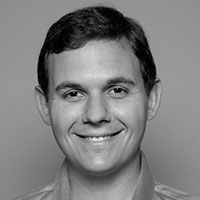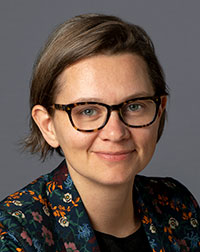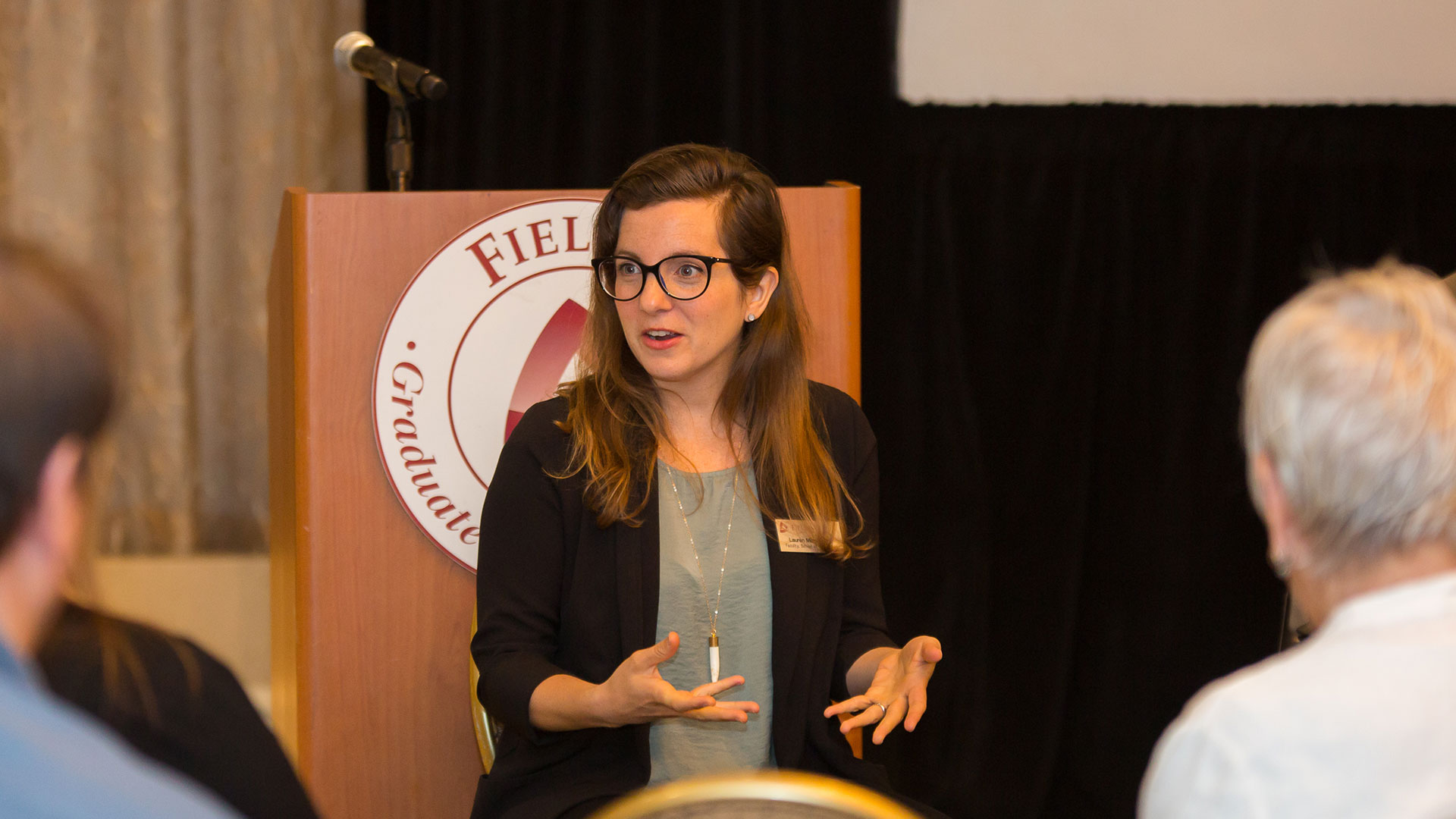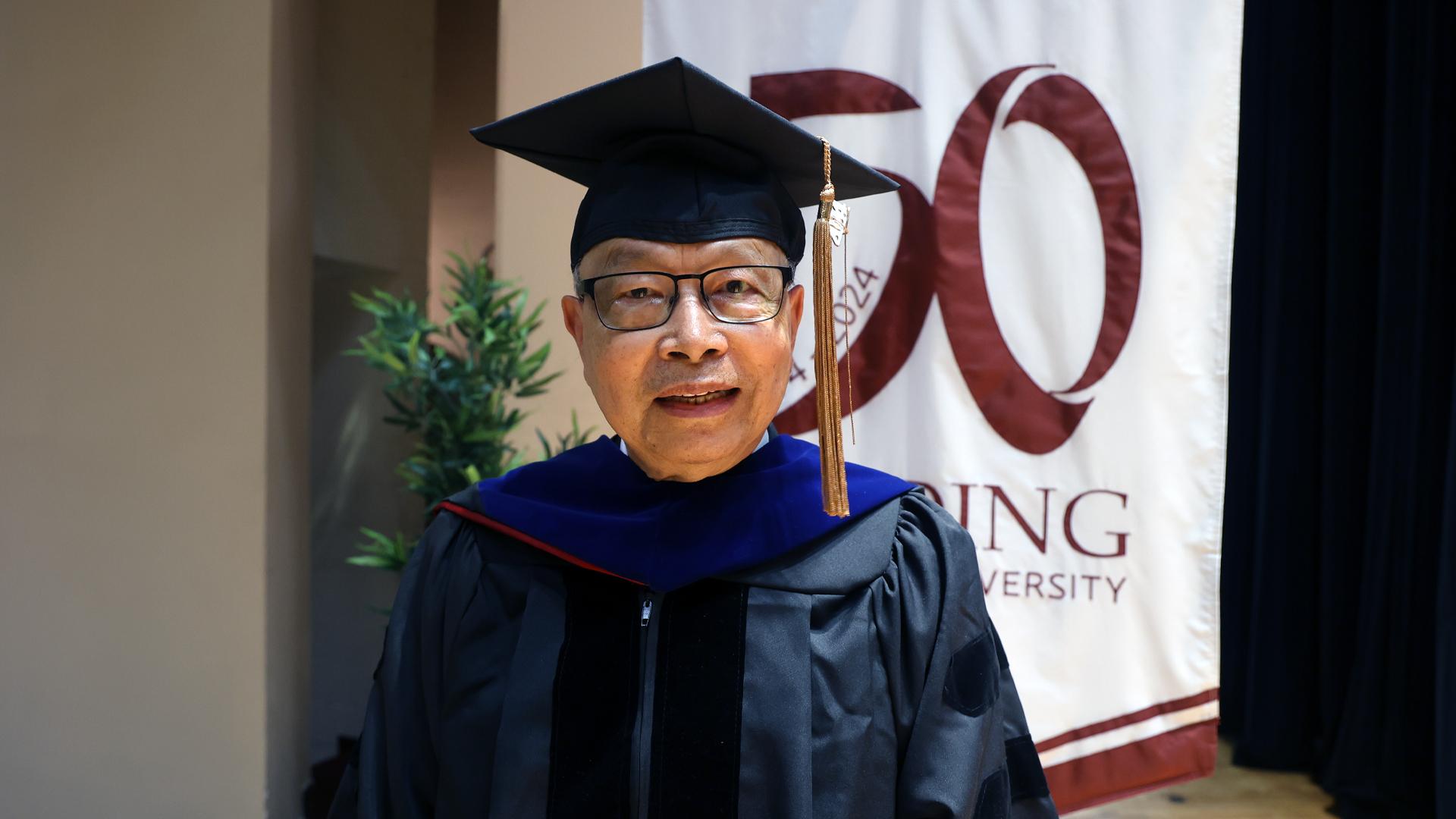Alonso Center Presents: The Impact of AI on the Profession & Practice of Psychology
By Sanford Drob, Ph.D.
Many have expressed concerns that the development of AI poses a threat to humanity. The concerns that I will discuss do not stem from the possibility that AI will take over, run amok and destroy the human species (although this possibility cannot be ruled out), but rather from the very high likelihood, that AI will unravel the activities, relationships, creative ventures, and institutions that from the dawn of civilization have constituted our humanity. It is for this reason that the emergence of artificial intelligence and its blindingly rapid development, poses an immense challenge to “psychology,” a challenge both to the “psychology” of each and every one of us, and also to psychology as a profession dedicated to understanding and healing of the human psyche.
It is inarguable that artificial intelligence is on the brink of changing our relationships, sexuality, work, creativity, and the fundamental nature of our individual and collective human identities. It has already begun to dissolve the fundamental distinctions between truth and falsehood, reality and fantasy, life and death, and man and machine. The evidence for these assertions is available in the AI technologies that are already developed and being distributed, and in those that are currently in development, or are clearly within reach of our current scientific and technological capacities. I will in broad strokes outline some of the challenges that AI poses to human psychology and I will set the stage for a discussion of how these challenges may impact the practice of our profession.
Event Details
Please join the Alonso Center Director, Dr. Amy Taylor, on Sunday, September 24, 10:00 a.m. -1:00 p.m. EST for a presentation by a guest speaker Fielding Professor Emerit Sanford Drob, Ph.D., titled “The Impact of Artificial Intelligence on the Profession and Practice of Psychology.”
Guest Speaker: Sanford Drob, Ph.D.

Sanford Drob, Ph.D.
Sanford L. Drob is Professor Emerit in the doctoral program in Clinical Psychology at Fielding Graduate University in Santa Barbara, California. He served for many years as the Director of Psychological Assessment and Senior Forensic Psychologist at Bellevue Hospital in New York. He holds doctorates in philosophy and clinical psychology and has published numerous professional papers in clinical psychology, forensic psychology, and the philosophy of psychology. He is the author of four books on the interface between Jewish Mysticism, theology, psychology and philosophy, including Kabbalah and Postmodernism: A Dialog (Peter Lang, 2009); and Kabbalistic Visions: C. G. Jung and Jewish Mysticism (Spring Journal Books, 2010). In addition, his Reading the Red Book: A Thematic Guide to C. G. Jung’s Liber Novus was published by Spring Journal Books in 2012. He is also a narrative painter whose work traverses religious, philosophical and psychological themes. He operates several websites, including www.newkabbalah.com and www.sanforddrobart.com.
Discussant: George Nitzburg Ph.D.

George Nitzburg, Ph.D.
George Nitzburg Ph.D. is faculty at the Clinical Psychology doctoral program at Fielding Graduate University. He received his training at Columbia University Teachers College, Karen Horney Clinic, Zucker-Hillside Hospital and the Icahn School of Medicine at Mount Sinai. In addition to his work on Schizophrenia Spectrum and Bipolar Disorders, for 10 years from 2012-2022, he taught at a course he designed at Columbia University Teachers College on the intersection of psychology and technology. He has coauthored peer-reviewed research articles with Georgia Tech and Microsoft Research that used machine learning to mine public data to better understand the factors that persuade those suffering from addiction toward help-seeking. He was also the clinical lead of a digital intervention for problem drinking reduction for Northwell Health. At Fielding, his research work focuses on (1) examining the impact of modern technological advances on psychological wellbeing, (2) refining telehealth best practices by evaluating how digital tool use may enhance or hinder clinical responses and outcomes and (3) identifying the most persuasive aspects of early and brief interventions (particularly digital outreach efforts) that are most likely to lead to mental health help-seeking. His most recent study currently underway at Fielding includes an examination of the facets of emotion dysregulation that contribute to problematic Internet use.
Event Host: Amy Taylor, Ph.D.

Amy Taylor, Ph.D.
Amy Taylor, Ph.D., Director of the Alonso Center for Psychodynamic Studies, Clinical Psychology faculty member, and the Inaugural Ruthellen Josselson Chair in Qualitative Inquiry. She received her Ph.D. in existential-phenomenological psychology from Duquesne University and completed a postdoctoral fellowship and psychoanalytic training at the Austen Riggs Center in western Massachusetts. She has additional training in applying psychoanalytic ideas to groups, families, and couples. Her clinical and research interests are broad, but she is especially interested in links between psychoanalysis and embodied experience, gender and sexuality, and technology. Recent foci include how pregnancy and parenthood shift clinician identity and how the analyst/ therapist’s office serves as a holding extension of the therapist’s body.
Learn more about the Alonso Center for Psychodynamic Studies and join as a member.
Questions? Email alonso@fielding.edu.
Join Over 7,500 Fielding Alumni Located Around The World!
Change the world. Start with yours.™






Get Social